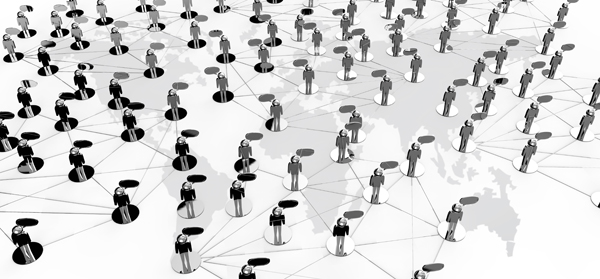Editor’s Note: This week is the last week to download Ardent’s annual State of Contingent Workforce Management research study, written by our Research Director and VP of Research, Christopher J. Dwyer. Click to register and download!
In the new world of work, it is critical to note that there are several major avenues in which talent engagement has evolved that must be addressed by businesses if they want to thrive. One such attribute, the sudden “soft skills” renaissance, is a direct representation of not only the impact of Millennials and newer generations of workers in today’s talent pool, but also an indicator that the Future of Work does not rely on just technology and innovation. As discussed in the 2017-2018 edition of Ardent’s annual State of Contingent Workforce Management research study, the following soft skills are currently being prioritized when companies are engaging new talent:
- Positive attitude
- Emotional intelligence
- Cultural intelligence
- Collaborative and communication skills
- Critical-thinking abilities
- Leadership abilities
What is most interesting about the resurgence of soft skills in today’s new world of work is this: at their core, soft skills are the traits in which talented professionals leverage to communicate and collaborate with others, yet, this new business era touts interconnected systems and devices as a means of eliminating the reliance on live, in-person interactions. However, this stimulating notion is more than it seems at the surface, as communication competencies and positive attitudes are incredibly helpful in augmenting project-based work no matter the physical distance between parties (another arena in which the Future of Work is becoming more impactful: 56% of organizations plan to implement augmented reality (AR) to support their enterprise collaboration).
Critical thinking is perhaps the most crucial tool in the soft skills arsenal; many of today’s projects and initiatives that leverage specific expertise and skillsets are deep and complex. Thus, the ability to leverage strong problem-solving capabilities is an excellent soft skill to present to the organization. Furthermore, while emotional and cultural intelligence may seem like skills that are adaptable to the personal lives of workers, the fact is that, in a new world of work that craves agility and dynamic talent, these are two soft skills that position talent as “flexible” in regards to working within different groups, functions, and with various internal stakeholders that all have varying needs and processes. The primary reason that soft skills are fast-becoming a core prerequisite for new talent is that the new world of work is dependent on change; the creative, emotional, and problem-solving skill sets of key workers ensures that, as technology progresses and businesses seek new avenue of growth, an enterprise’s total talent base is adaptable and agile for an uncertain future.
RELATED ARTICLES
NEW WEBINAR – The State of Procurement 2018
Some Guidance on How to Thrive in the New World of Work
The Top Priorities of Today’s Contingent Workforce Management Programs
Procurement’s Place in the Continued Evolution of Contingent Workforce Management

